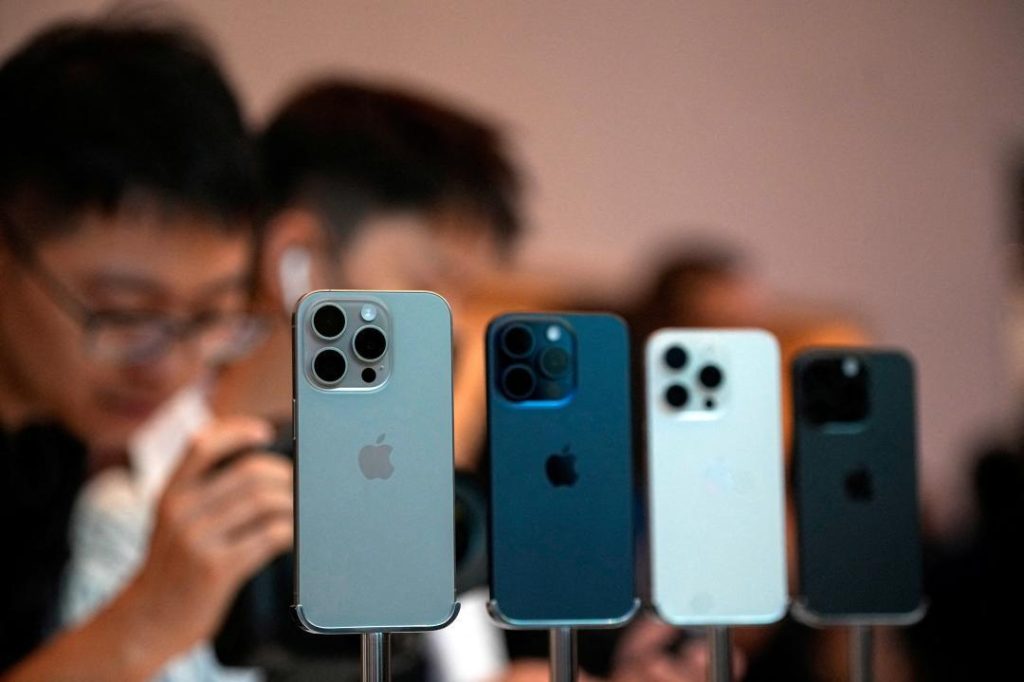
How Much Does it Cost to Make an iPhone? And How May it Change Due to US Tariffs?
The iPhone is one of the most popular and successful smartphones in the world, with millions of units sold every year. But have you ever wondered how much it actually costs Apple to manufacture one of these sleek devices? The answer might surprise you. According to a recent report, Apple spends around $580 (over ₹50,000) to make a 256GB iPhone 16 Pro. This cost includes various components such as the A18 Pro chip, rear camera systems, and display.
In this blog post, we’ll delve deeper into the manufacturing cost of an iPhone and explore how US tariffs may affect its price.
Breaking Down the Manufacturing Cost
To understand the manufacturing cost of an iPhone, let’s break it down into its various components. According to a report by Moneycontrol, the cost of manufacturing a 256GB iPhone 16 Pro breaks down as follows:
- A18 Pro chip: $90.85
- Rear camera systems: $126.95
- Display: $37.97
- Other components (such as memory, battery, and casing): $324.23
Adding up these costs, we get a total manufacturing cost of around $580 (over ₹50,000).
How US Tariffs May Affect iPhone Prices
Since many iPhones are assembled in China, US tariffs could have a significant impact on their manufacturing cost. The US has imposed a 54% tariff on imported Chinese goods, including electronics such as smartphones. If Apple were to pass on these tariffs to consumers, the price of an iPhone could increase significantly.
Using the same calculation as above, if we add the 54% tariff to the manufacturing cost, we get:
- Total manufacturing cost: $580 (over ₹50,000)
- Tariff: 54% of $580 (around $314)
- Total cost: $580 + $314 = $847 (around ₹73,400)
This means that if Apple were to pass on the tariff to consumers, the price of an iPhone could increase by around $267 (over ₹23,000). This could have significant implications for Apple’s sales and profitability, especially in the competitive smartphone market.
Will Apple Pass on the Tariff to Consumers?
It’s unclear whether Apple will pass on the tariff to consumers or absorb the cost itself. Apple has a reputation for being a premium brand, and increasing the price of its products could impact sales. On the other hand, Apple may choose to absorb the cost itself to maintain its market share and avoid losing customers to competitors.
In recent years, Apple has been able to maintain its pricing power due to its strong brand loyalty and high demand for its products. However, if the tariff is not reduced or eliminated, Apple may need to consider increasing the price of its products to maintain its profitability.
Conclusion
The manufacturing cost of an iPhone is a complex and multi-faceted issue, involving various components and assembly processes. While the cost of manufacturing an iPhone is around $580 (over ₹50,000), US tariffs could increase this cost by around $267 (over ₹23,000). Whether Apple will pass on this tariff to consumers or absorb the cost itself remains to be seen.
As consumers, it’s essential to stay informed about these changes and consider the impact on the prices of the products we use. As always, it’s crucial to shop around and compare prices to get the best deal.
Source:



